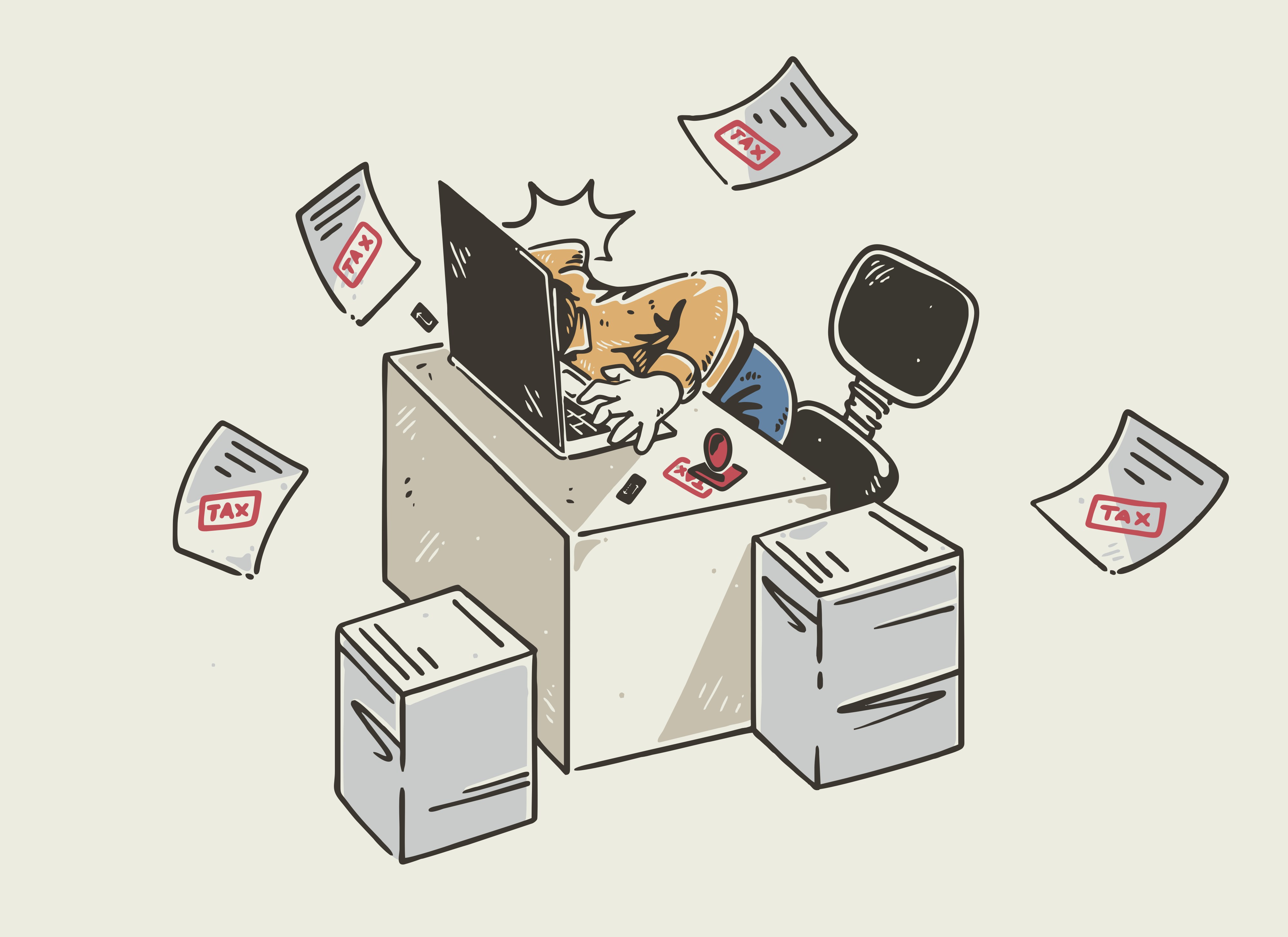When you first hear about tax loss harvesting, it can sound almost too good to be true. You are told that you can turn a losing investment into a tax benefit, reduce your current tax bill, and reinvest the money to grow again. It feels like a clever way to make something useful out of a mistake. The natural question is whether this strategy genuinely leaves you richer over the long term or whether it simply moves your tax bill from one year to another without changing the real outcome.
To answer that, it helps to separate emotion from mechanics. Losses feel bad. A technique that promises to turn them into a win can be very attractive, especially in a volatile market year. However, a sound financial plan does not exist to make you feel better about every trade. Its purpose is to increase your after tax, after inflation wealth over decades. So the more relevant question is not whether tax loss harvesting feels smart, but whether it improves your long run numbers once you factor in tax rules, portfolio design, and your own behavior.
At its core, tax loss harvesting is simple. You sell an investment that is currently worth less than you paid for it. That sale realizes a capital loss. Depending on your tax system, that loss can be used to offset capital gains you realized elsewhere in the same year, and sometimes a limited amount of ordinary income as well. Any unused loss may be carried forward to future years. You then reinvest the proceeds into a similar, but not substantially identical, investment so that your market exposure stays broadly intact while the tax benefit is created.
The first way this can save you money is straightforward. If you would otherwise pay tax on capital gains this year, using harvested losses to offset them reduces the immediate tax you owe. That is cash that stays in your portfolio instead of going to the tax authority. You can reinvest that cash and potentially earn returns on it for many years. In that sense, tax loss harvesting is very similar to getting an interest free loan from the government. You delay part of your tax bill and allow those dollars to work for you in the meantime.
Where it becomes more nuanced is when you look ahead. In many cases, the loss that you harvested now will reduce your cost basis in the replacement investment. When you eventually sell that investment at a profit, the lower basis means you may face a larger taxable gain in the future. If your tax rate is the same then, and if you eventually sell everything, the total amount of tax paid across your lifetime can be similar. The genuine benefit comes from the time value of money. Paying one dollar of tax in twenty years is not the same as paying one dollar of tax today. The future dollar is less costly in real terms, especially if your portfolio has been compounding in the meantime.
There are situations where the benefit is more than just a timing difference. If you expect to be in a lower tax bracket later in life, deferring gains can reduce the rate at which those gains are taxed. This might happen if you are currently a high earning professional but plan to scale down work, relocate to a lower tax jurisdiction, or rely more on tax exempt withdrawals in retirement. In such cases, harvesting losses today and realizing offsetting gains later at a lower rate can create a permanent tax saving rather than a pure deferral.
There are also structural opportunities in some tax systems. For example, many jurisdictions allow you to offset capital losses against capital gains without limit in a given year, but restrict the amount you can use against ordinary income. There may be annual caps on the deduction against salary or business income, while excess losses carry forward indefinitely. If you manage to harvest losses in a particularly volatile year and you have substantial realized gains from property, business disposals, or prior investments, the ability to pair these together can be materially valuable. It can smooth what would otherwise be a very lumpy tax outcome.
So far, this sounds quite positive. However, tax loss harvesting does not automatically save everyone money. There are several ways it can fail to add value or even undermine your plan. The first is cost. Every harvested loss involves transactions. If you are using a platform with high trading fees, or funds with wide bid ask spreads, the friction from frequent trading can quietly eat into any tax advantage you hoped to gain. This cost is often invisible because investors look at the tax line, not at the cumulative drag from every trade they made to chase additional losses.
The second risk is that the tax strategy overrides the investment strategy. In theory, you sell a losing position and immediately buy a similar investment, keeping your asset allocation intact. In practice, many investors do not have a clear set of suitable replacement funds or ETFs ready. They might move into something that is less appropriate just to keep exposure, or they might hesitate on reinvesting, waiting for the market to fall further. If the market recovers quickly, they may miss a rebound that would have done more for their overall wealth than any tax deduction.
You also need to consider the rules that limit artificial loss creation. Many countries have some form of a wash sale or anti avoidance rule that disallows the loss if you buy back the same or substantially identical investment within a defined period before or after the sale. That means you cannot simply sell an ETF on Tuesday at a loss and buy the same ETF back on Wednesday and still expect the tax authority to accept your claim. You must either wait out the required period or choose a genuinely different investment that still aligns with your long term asset mix. Failing to respect these rules can leave you with no tax benefit at all, while still having incurred trading costs.
Another subtle issue is behavior over time. Investors who become very focused on tax loss harvesting sometimes adopt a mindset of micromanagement. They log in frequently to check unrealized losses, chase tiny opportunities across many holdings, and spend a lot of energy on what is essentially a small optimization relative to the more important decisions in their financial life. At the same time, they may overlook bigger levers such as increasing their savings rate, rebalancing annually, or ensuring that their portfolio matches their risk tolerance and time horizon.
It is also worth looking at who truly benefits most from an aggressive harvesting program. Generally, it tends to help investors with larger taxable portfolios, higher current tax rates, and long horizons. If most of your investments are held in tax advantaged accounts where gains are deferred or tax free already, there is limited room to apply tax loss harvesting in the first place. If your income and tax rate are modest, and you seldom realize large gains, you may find that the administrative effort and potential complexity are out of proportion to the savings.
On the other hand, if you hold substantial assets in a taxable brokerage account, regularly realize gains from rebalancing or from diversifying concentrated positions, and expect your tax situation to change over time, integrating tax loss harvesting into a disciplined, rules based process can add incremental value. The key word here is incremental. It enhances an already solid plan. It does not transform a risky or undisciplined approach into a good one.
So, does tax loss harvesting actually save you money? The honest, planner style answer is that it can, but only within a broader context. It tends to work best when four conditions are met. First, you have realized or expected capital gains that those losses can offset. Second, your investment costs are low enough that trading to harvest losses does not create significant drag. Third, you or your adviser can implement the strategy without disrupting your long term asset allocation. Fourth, your overall tax and life plan makes it likely that deferring or reshaping when gains are realized will leave you in a similar or lower tax bracket later.
If any of those conditions are missing, the benefit shrinks. If all of them are missing, tax loss harvesting can become more of a distraction than a tool. The strategy can still reduce this year’s tax bill on paper, but it might do so at the cost of extra complexity, higher fees, and a portfolio that drifts away from your original plan. In that scenario, any apparent saving today may be neutralized by lower returns or higher taxes down the line.
The practical way forward is to treat tax loss harvesting as one component of tax aware investing rather than the main event. Start with your goals. Are you investing to retire in a specific country, to support children’s education, or to create flexible work options later in life. Next, review which accounts you are using and how each is taxed. Then consider how often you realize gains and what your current and expected future tax brackets look like. Against that backdrop, you can decide whether systematic loss harvesting will meaningfully help you or whether it should stay as a secondary tool, used only in years when markets are especially volatile.
Ultimately, the strategy is less about cleverness and more about alignment. When it is used thoughtfully, tax loss harvesting can quietly improve your after tax outcomes over time. When it is used in isolation, as a way to feel better about red numbers on a screen, it can pull attention away from deeper planning work. If you keep the focus on your long term objectives, your risk comfort, and the tax rules that apply to you, you can decide whether harvesting losses is a helpful addition to your plan or simply noise you can safely ignore.




.jpg&w=3840&q=75)





.jpg&w=3840&q=75)
.jpg&w=3840&q=75)
.jpg&w=3840&q=75)
